Tears of the Black Tiger
aka Fah talai jone aka ฟ้าทะลายโจร
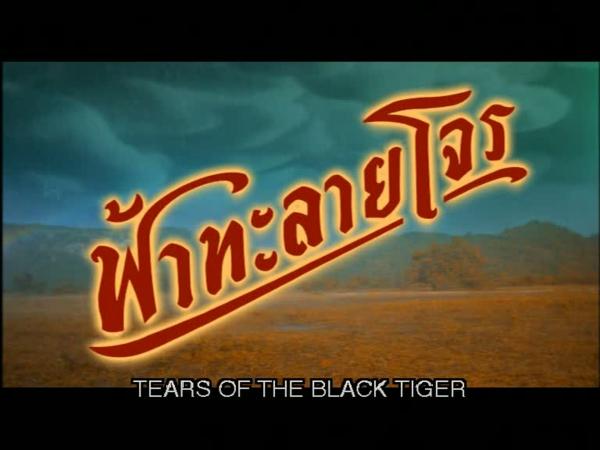
2000![]()
Written and directed by Wisit Sasanatieng

Tears of the Black Tiger was one of those films that you’d hear about for years, buzz would be awesome, but it was impossible to find a copy. Between the Weinsteins sitting on their version (which they then drastically cut) and other international versions also being edited, the only real way to see it was via imported Thai DVD. But Tears of the Black Tiger is well worth the effort to track down, and thanks to the internet being much more developed than in 2000, it is also easier to locate copies to buy of the uncut version.
Wisit Sasanatieng wanted to do an homage to the films he loved, the 1950s and 1960s Thai films. As we learned from our travels through the Insee Daeng films (Awasan Insee Daeng, Jao Insee, Insee Thong, Insee Payong, Insee Daeng 2010), older Thai films have a color saturation that make them look unique. TotBT is both a tribute to the local flavor drama stories, and the action films featuring bandits. Set in post-World War 2 rural Thailand and featuring the bandit gangs that were a reality at the time (as also detailed in the Awasan Insee Daeng review), Tears of the Black Tiger has the look of an old west film, but it is unlike any western seen before. The vivid colors, painted backgrounds, and homages to stage productions make every frame a work of art. The editing is just the right mix of quick cuts versus longer scenes that it feels a part of the film.
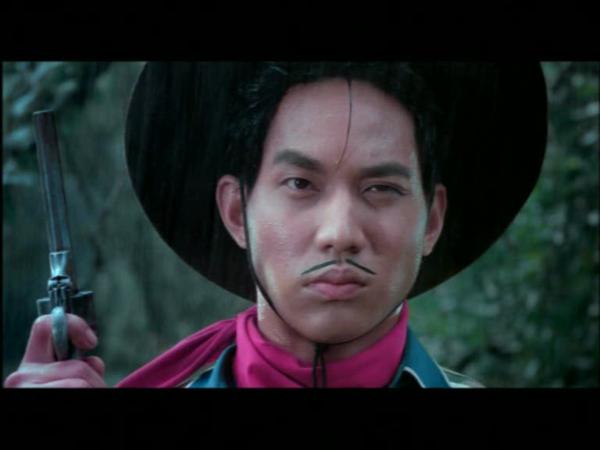
TotBT is just so different from what else is out there, it is a perfect example of why people fall in love with cinema. While I think my recent foray into the Insee Daeng films helped give me more appreciation of older Thai films, I would have liked Tears of the Black Tiger no matter when I saw it. I’m only sorry I didn’t watch it sooner. TotBT excels with neat cinematography and sets, from the painted backgrounds and color coded rooms with pastels everywhere, to the random poetry and songs to play us through scenes. Thought he pace can seem to drag at times, even that isn’t much of a problem and it is similar to slower paced Thai films from the era it is emulating.
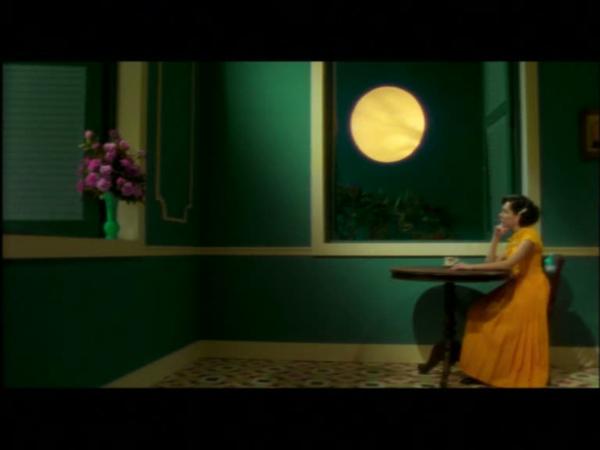
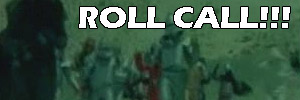
|
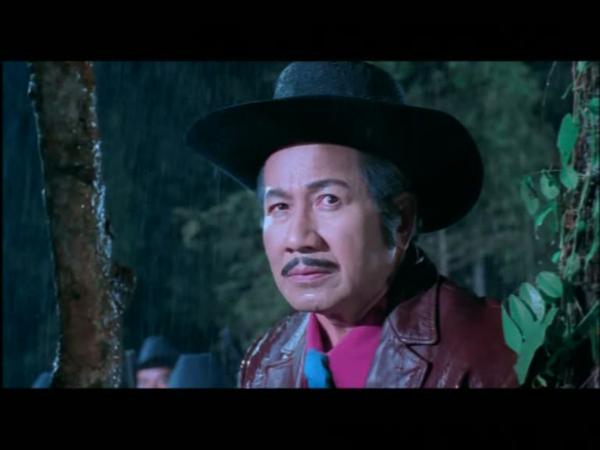
A woman waits at a sala (basically a gazebo), while two gunfighters battle some bandits. We learn the gunfighters are bandits themselves, Dum and Mahesuan. Dum is the crackshot and favorite of the gang leader Fai, but he’s also supposed to meet the woman Rumpoey at the sala. He takes off on his horse the moment the last of the targets are dead, but despite riding all through the opening credits he is too late and Rumpoey has returned to her home, dejected and feeling like her true love has abandoned her.
As Rumpoey is set to be married to a police officer named Kumjorn who she doesn’t love, things now get more complicated. Kumjorn appears to be the perfect guy (we find out later his is far darker than he appears), and a dejected Dum returns to his gang and even mends fences with the jealous Mahesuan, becoming blood brothers.
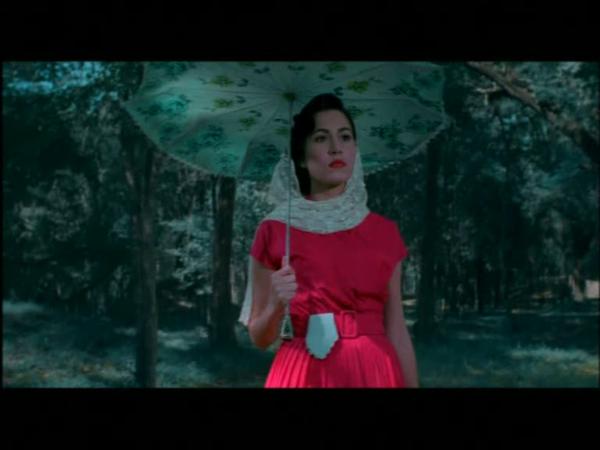
A series of flashbacks tell us how the two lovers met as children, and then much later reacquainted as adults. It’s very flashbackian. It also allows director Wisit Sasanatieng to make the flashbacks even more old-timey, complete with dropped frames and under/over cranking. He then drops those features as the flashbacks continue, because they’d get annoying going on for over half an hour.
Kumjorn is determined to wipe out the bandit menace, so he leads a squad that attacks the camp. Dum and Mahesuan arrive just in time to save the day and kill all the cops, though Kumjorn is left alive long enough for Dum to be ordered to kill him. Dum let’s him live after finding out who he is engaged to, but Fai vows revenge on the regional governor (Rumpoey’s father) for the attack and threatens a strike during the wedding.
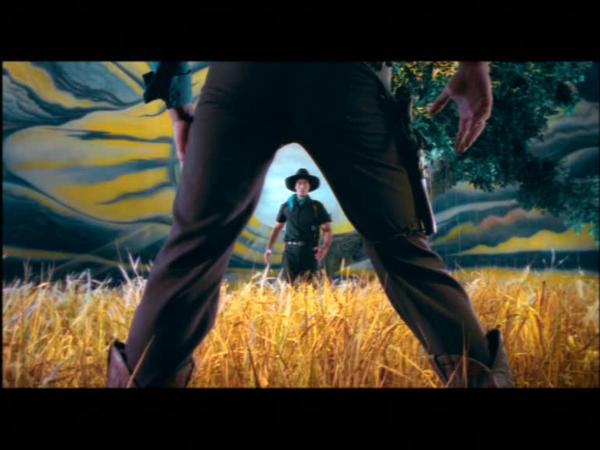
The film moves forward towards its eventual conclusion, which if you know anything about stories about ill-fated lovers from different cultural backgrounds, then you will know it isn’t as happy. Tears of the Black Tiger perfectly homages the films it is a love letter to by giving us the only type of ending that would be acceptable for a film based on the old Thai movies.
Although Tears of the Black Tiger features the tropes that old Thai films have, it feels like a fresh take because of all the modern additions to the cinematography mixed with the retro sets. It grabs the audience even if they aren’t familiar with old Thai films, and can also grab those who have seen more Thai movies than they’d be able to count. Films like this are less about the story and more about the journey, so let’s just ignore how most of the problems could be easily solved by having the characters talk to each other for 10 seconds.
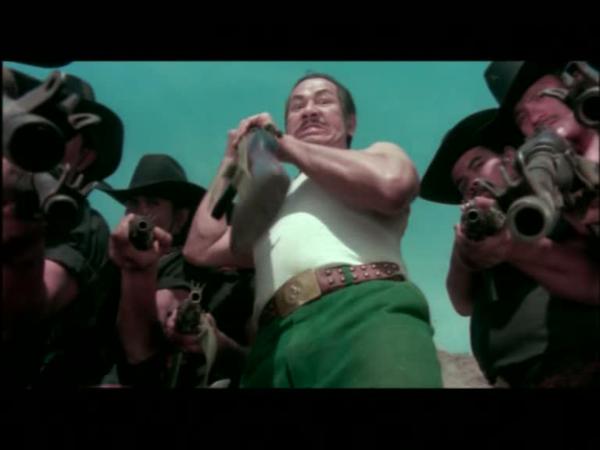
There is little cinema like TotBT out there, a love letter that feels like poetry and not notes cribbed off of Wikipedia. TarsTarkas.NET highly recommends this film, but make sure you have a two hour block open to watch it, as it is rather long.
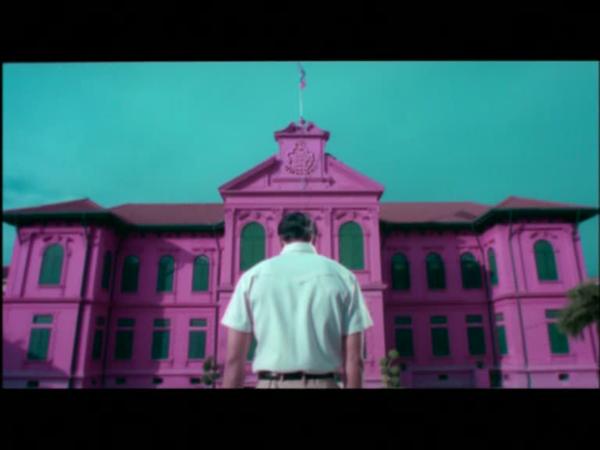
Rated 8/10 (pic, pic, barrel, young Dum, young Rumpoey, dad, singer, urinator)


